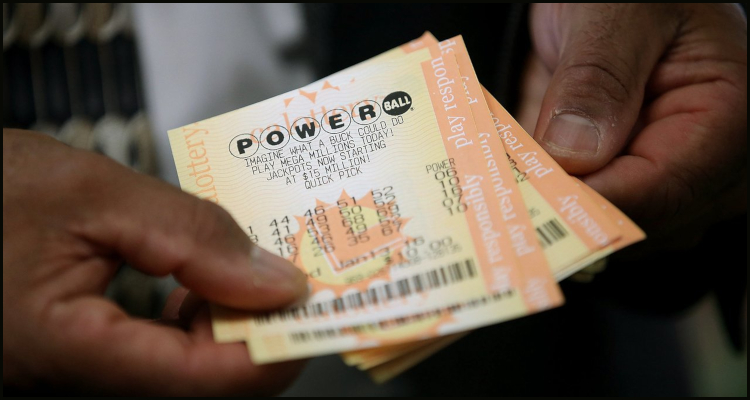Lottery aficionados in the western American state of Idaho will reportedly no longer have access to multi-jurisdictional Powerball games from August after local lawmakers killed new legislation concerning foreign participation.
According to a report from the Associated Press news service published by CDC Gaming Reports, lottery players in ‘The Gem State’ have been able to enjoy Powerball draws since February of 1990 in hopes of banking cash prizes that have often topped $1 billion. These potential jackpots could purportedly reach even higher later this year after the game available in 45 American states completes an expected expansion into Australia before becoming accessible to punters in the United Kingdom from 2022.
Domestic dominance:
However, the news service reported that this growth presented a problem for Idaho as its constitution only allows residents to participate in lottery games featuring prizes generated in the United States and Canada. A measure that would have annulled this prohibition was purportedly put before the Idaho House of Representatives‘ State Affairs Committee but suffered a subsequent defeat by a ten-to-four vote.
Fiscal consequences:
The source reported that this decision means the final Powerball game available to lottery players in Idaho is destined to take place on August 23 before the link with Australia gets underway to thereafter see the state lose out on annual sales that regularly amount to about $28 million to earn the local school system in the region of $14 million.
Lobby worries:
The Associated Press reported that both houses of the Idaho legislature are dominated by conservative members of the Republican political party. The news service furthermore explained that some of these legislators had objected to the envisioned change to the rules on lotteries due to fears that any subsequent revenues could be used by officials in Australia and the United Kingdom to promote causes for which they did not agree.
Surrendered authority:
Representative Heather Scott (pictured) was reportedly  one of these sceptics and expressed concerns that the cash may be utilized ‘in Australia anti-gun causes, which they see as good and we see as not good’. Then again, Democratic legislator Chris Mathias was purportedly also a member of this club owing to a perceived risk that Idaho would be ‘turning over its sovereignty’ to the coordinator for the Powerball games, the Multi-State Lottery Association.
one of these sceptics and expressed concerns that the cash may be utilized ‘in Australia anti-gun causes, which they see as good and we see as not good’. Then again, Democratic legislator Chris Mathias was purportedly also a member of this club owing to a perceived risk that Idaho would be ‘turning over its sovereignty’ to the coordinator for the Powerball games, the Multi-State Lottery Association.
Mathias reportedly proclaimed…
“I think we should be concerned that [the Multi-State Lottery Association] could be persuaded [or] they could be lobbied heavily by countries that we are not particularly friendly with.”
Pricey pronouncement:
Jeff Anderson, Director for the Idaho Lottery, had reportedly tried to convince legislators that the Powerball game is a good thing for the state of just 1.8 million people as nations operating under a different legal system such as China would never be permitted to join the Multi-State Lottery Association. Nevertheless, he has now purportedly admitted defeat and declared that the move is destined ‘to be very expensive for the people of Idaho’ not least because of the ‘untold amounts in expenses to unwind all the advertising commitments we have for billboards and point-of-sale materials and everything else.’



